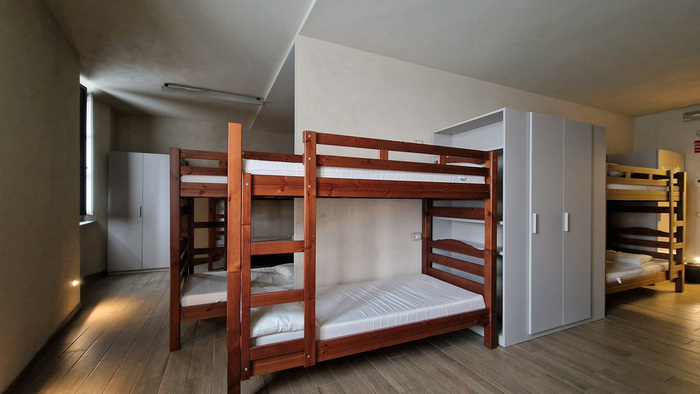Several people sitting on the terraces of a restaurant in Avilés (Asturias). Jorge Peteiro / Europa Press
The Government approved in the last Council of Ministers a package of measures worth 4.22 billion euros to try to help bars and restaurants, which are the businesses that have suffered the most from the restrictions derived from the coronavirus pandemic.
Among the measures contemplated in the so-called
Hospitality, Tourism and Commerce Reinforcement Plan
are those referring to the reduction of rents, the improvement of financing and the reduction of Social Security contributions.
All of them aim to lower fixed costs and adapt them to the new reality faced by hundreds of thousands of businesses in the HORECA sector (hotels, restaurants and cafeterias).
How will these aid be distributed?
The Government has determined four blocks into which it will inflate the 4,220 million euros: 324 million for the leases of hotel premises;
520 aimed at measures to facilitate liquidity and financing;
2,809 in tax measures;
and 567 focused on labor measures and reductions in Social Security contributions.
Who can benefit from a rent reduction?
Both those SMEs and freelancers who have leased their premises to a large holder (those who have more than 10 urban properties, not counting storage rooms and garages) as well as to a small owner.
In the first case, if the parties have not reached an agreement regarding the reduction or cancellation of the fee due to the pandemic, the tenants may request a 50% reduction in their rent for the duration of the state of alarm, or a moratorium that would also cover this period and up to a maximum period of four additional months.
The deferred payment of the rents may be made during a period of two years from the end of the moratorium.
According to the Executive's estimates, this measure will have an impact on 190,000 stores.
For those hoteliers who rent premises to small owners there are also concrete aids: they will be able to benefit from a tax incentive consisting of computing as a deductible expense the rent reduction agreed with their customers between January, February and March 2021, even if it reaches 100 %.
Are there any changes with ICO credits?
Yes. The deferral in the repayment of the amount and interests of the loans guaranteed by the State has been determined.
For the consumer goods and retail trade sector (which make up about 133,200 companies) an extension of the maximum grace period has been determined from one to two years, and an extension of the repayment period by three more years (up to a maximum of 8).
An improvement from which the tourism, leisure and culture sector will also benefit (123,000 companies).
In addition, a new tranche of ICO guarantees of 500 million euros has been opened with a 90% guarantee from the State.
To all these variations, it must be added that travel agencies, tour operators and reservation services will be able to use the financing guaranteed by the ICO for the return of customer advances for package tours and compensation rights.
In what type of taxes can the payment be deferred?
According to the Government, 617,000 taxpayers will be able to postpone for six months and with three without interest, upon request, tax debts corresponding to returns-settlements and self-assessments whose deadline for filing and income ends between April 1 and April 30, 2021, and that reach a maximum of 30,000 euros.
There will also be a reduction of the net yield in objective estimation (personal income tax) and the simplified regime fee (VAT) from the current 5% to 20% in general.
However, for the hospitality, commerce and tourism sectors, this reduction in taxation by modules will reach 35% and will also be applied in the taxation of the simplified VAT regime.
This measure will be applied for the fourth installment payment of 2020 and for the first payment of 2021.
And what about Social Security contributions?
A deferral of accrued fees is established between December 2020 and February 2021 in the case of companies.
For freelancers it will be between the months of January 2020 and March 2021, with an interest of 0.5%.
Are there any changes regarding ERTEs?
The package of measures of the royal decree also approves the extension of the Temporary Employment Regulation Files (ERTE) by force majeure to the CNAE56 (bars and restaurants), which becomes part of the hyperprotected sectors.
Thus, both active and inactive workers are exonerated until January 31, 2021.

/cloudfront-eu-central-1.images.arcpublishing.com/prisa/X2P7E6MNQGGYPX5X5PQZSA4O4E.jpg)


/cloudfront-eu-central-1.images.arcpublishing.com/prisa/OOLBKF5K4VFN7EA7IFFA4PMVUE.jpg)




/cloudfront-eu-central-1.images.arcpublishing.com/prisa/PHW4JZYXX5CMRJOUD7MDB56UQY.jpg)